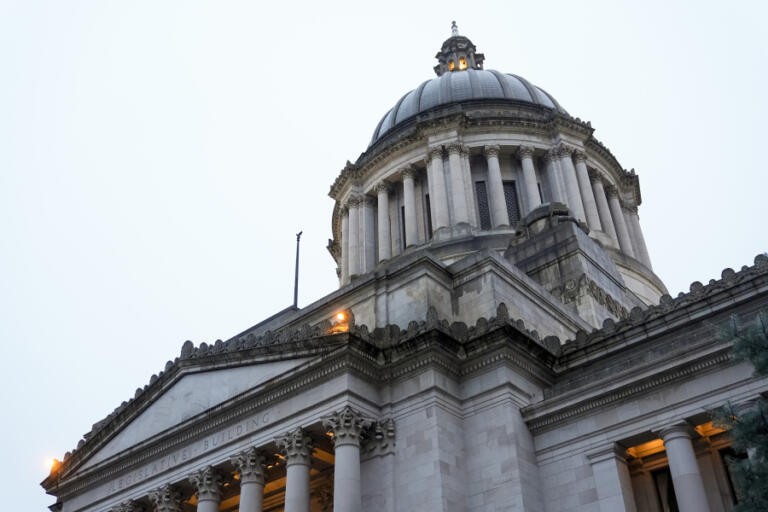A diverse array of new laws took effect in Washington State on Sunday, marking the end of a legislative session focused heavily on addressing a significant budget deficit. In total, lawmakers passed over 400 bills from nearly 2,000 introduced during the session. This year, the focus shifted toward tax increases and revenue enhancement measures, leading to an estimated $9 billion in new taxes.
Key Legislation Enacted
Among the notable legislation enacted are measures aimed at enhancing public spaces, addressing medical debt, expanding educational services, and improving facilities for families.
House Bill 1515 allows for larger outdoor public spaces to be designated for dining and beer gardens, a crucial move as Seattle prepares for the FIFA World Cup in 2026. Prime sponsor Rep. Julia Reed, a Democrat from Seattle, noted that the bill aims to enhance the public experience during significant events. This legislation will permit road closures in areas like Ballard to facilitate outdoor dining and drinking spaces. The law is currently set to expire at the end of 2027.
Another significant change targets the issue of medical debt, which has been shown to negatively affect individuals’ financial wellbeing. Legislation passed this year prohibits healthcare providers from reporting medical debt to credit agencies. This measure aims to alleviate the burden on patients, as medical debt is a leading factor impacting credit scores and, subsequently, individuals’ ability to rent homes or secure jobs. According to the Consumer Financial Protection Bureau, nearly 6.5 percent of Washington residents, approximately 380,000 individuals, carry medical debt, with a median amount of around $1,350.
The state has also taken steps to enhance special education services. Under the new law, students with disabilities will be entitled to receive free public education and related services until the end of the school year in which they turn 22. This change follows findings that Washington was not in compliance with the Individuals with Disabilities Education Act.
Family-Friendly Facilities and Animal Welfare
In a move to support families, a new law mandates that all newly constructed public buildings must include baby diaper changing stations in at least one restroom. Existing public facilities undergoing renovations costing over $15,000 are also required to install these stations. At least one changing station must be accessible in both men’s and women’s restrooms or in gender-neutral facilities.
On the animal welfare front, Washington has strengthened its animal cruelty laws. Although cockfighting has been illegal since 1901, lawmakers have expanded existing legislation to include those who assist in animal fighting. Convictions for animal fighting involving severe abuse now lead to permanent bans on owning or caring for animals. New penalties have been introduced for both first-time and repeat offenders, aiming to deter cruelty and neglect.
As Washington State implements these laws, the impact on residents, families, and the community as a whole will be closely monitored, reflecting the state’s ongoing commitment to addressing diverse issues in the public interest.
